21 October 2020
The Malaghan Institute’s expertise in vaccine development has been boosted further with the recent arrival of Dr Frances Priddy, former Chief Medical Officer and Vice President of Clinical Development at the International AIDS Vaccine Initiative in New York.

Dr Fran Priddy
From early days researching the emergence of HIV in Africa, to studying medicine in San Francisco during the height of the AIDS epidemic, Dr Priddy has spent much of her career researching and developing clinical vaccines for infectious diseases. COVID-19 is her most recent challenge – and her expertise and experience will be vital in her new role as Clinical Director of Vaccine Alliance Aotearoa New Zealand – Ohu Kaupare Huaketo (VAANZ).
“As an undergrad, I spent a year in Kinshasa working on HIV and trying to understand how it had made the jump from primates to humans. It was a formative experience and got me interested in international public health and infectious disease.
“Afterwards, I returned home to complete my medical training in San Francisco. I saw how understanding the virus led to HIV going from an incurable disease, where we were basically just helping ease people’s suffering, to a mostly manageable disease like diabetes, when treatment is accessible. It really solidified my interest in translating science to the clinic, as well as vaccines and vaccine development.”
Later, Dr Priddy joined the International AIDS Vaccine Initiative (IAVI) in New York, a not-for-profit scientific research organisation focused on developing vaccines for HIV, TB and emerging infectious diseases. She spent thirteen years there, ending as Chief Medical Officer and Vice President of Clinical Development, working with the same vaccine platforms that are now being utilised against COVID-19.
Dr Priddy had been looking for her next challenge, and serendipitously stumbled upon news coverage of the call by Professor Graham Le Gros, Associate Professor James Ussher and other New Zealand scientists for a national COVID-19 vaccine strategy. She reached out to explore opportunities to get involved. Now relocated to New Zealand with her family, Dr Priddy hopes that her experience in vaccine product development, getting candidates into the clinic, will support VAANZ and help ensure New Zealand is part of the global efforts in finding a vaccine.
“Usually it takes around five years to take something from the lab and get it into the clinic. We, like everyone else in the world, are trying to compress this timeline as much as possible, ideally within two years. I would like to use my experience to help VAANZ accelerate promising vaccine candidates through the clinical process as quickly as possible.
“The other important goal for me is to make sure that the many resources here in New Zealand attract global interest and are used to evaluate international vaccine candidates. Already there are many candidates being trialled around the world, and there’s no reason why New Zealand can’t be involved in helping evaluate them. While we can’t do efficacy studies – because thankfully New Zealand doesn’t have enough COVID-19 cases – there’s much we can be doing in terms of collecting safety and immunogenicity data, addressing vaccine hesitancy issues, and building knowledge around the vaccines under development.
I think trialling international candidates in New Zealand will go a long way to improving knowledge and acceptability of COVID-19 vaccines here and may enhance New Zealand’s ability to have equitable access once these candidates have been proven safe and effective to use in humans.”
Related articles
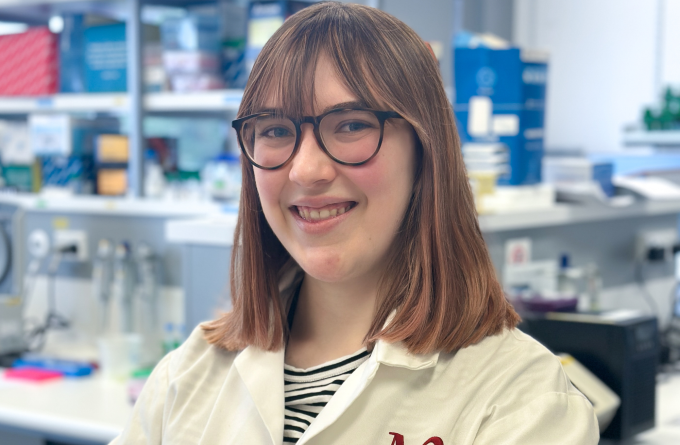
As easy as breathing: the future of vaccines
31 October 2024
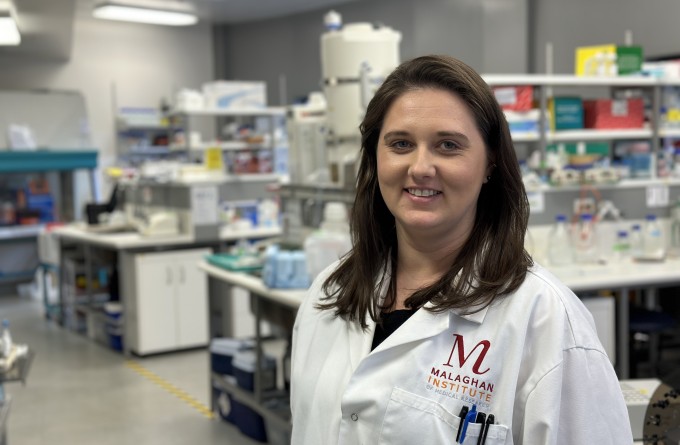
Malaghan and National Institutes of Health research receives prestigious award
5 March 2024
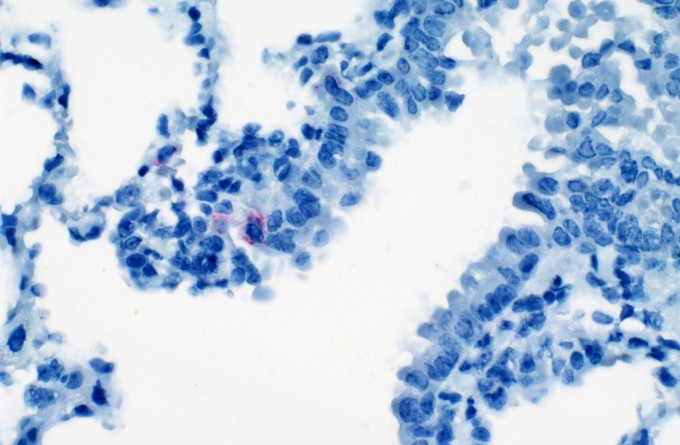
Scientists identify interferon-gamma as potential SARS-CoV-2 antiviral
13 December 2023
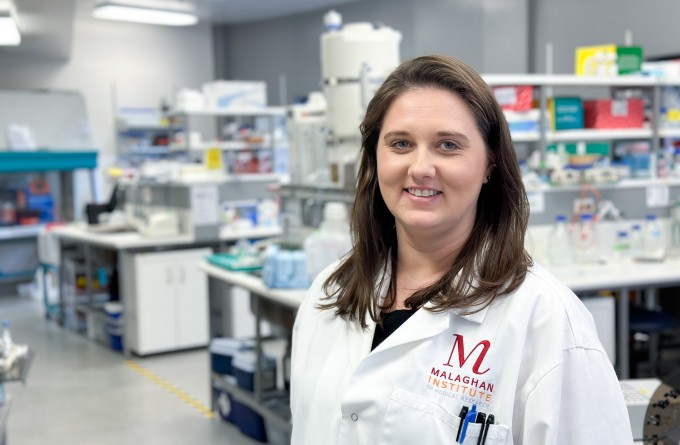
New research suggests hookworms could offer protection from severe Covid symptoms
14 August 2023
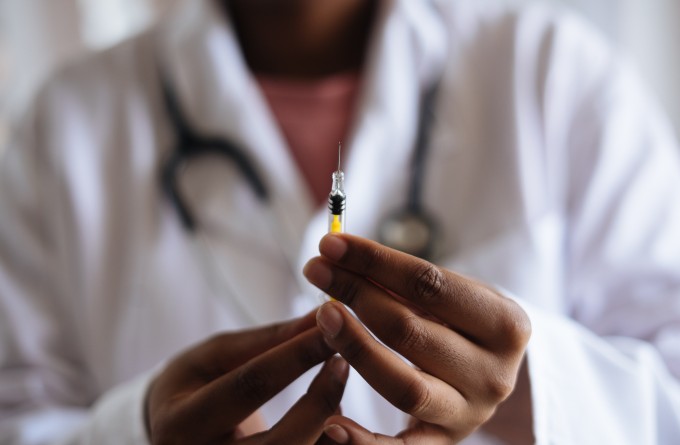
Kiwi-made Covid-19 booster vaccine offers 100% protection in preclinical study
3 March 2023
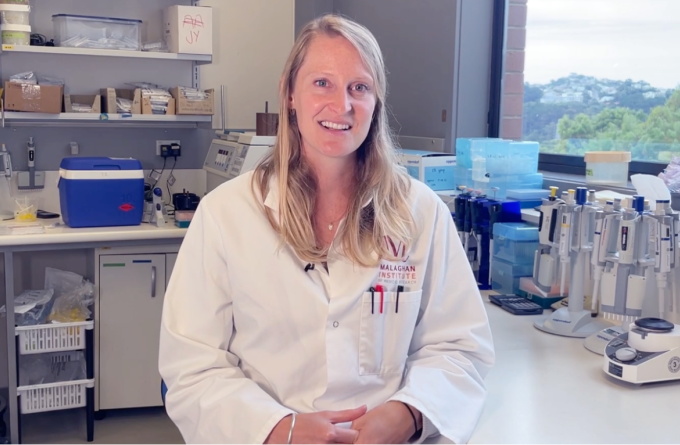
In Focus: RNA technology tackling New Zealand specific problems
8 February 2023
